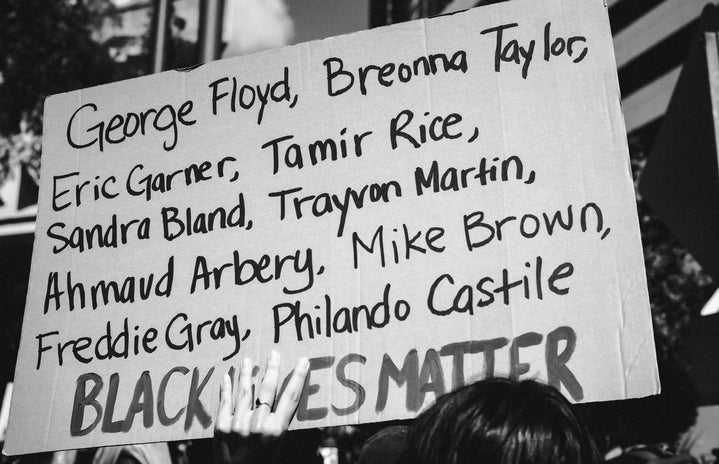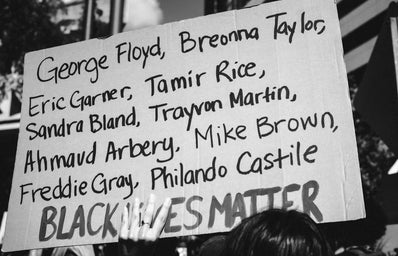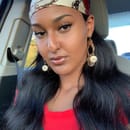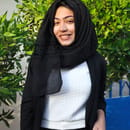It was all temporary. The horrific scenes of chaos we viewed on our television screens just a few months ago that overtook all the news channels were slowly becoming overwhelming. Police cars were on fire, businesses were looted while protesters were beaten and arrested for their acts of civil disobedience. The video of George Floyd, an unarmed Black man strangled by an officer’s knee for 8 minutes went viral on all social media platforms while most of us remained in quarantine during the peak of the COVID-19 pandemic; this forced us to be perceptive while we began questioning these moments of change. Over time, we began to realize as a society the effects that systemic racism has on people of colour. We’re gradually learning not to tolerate racist behaviours, and the privileged are starting to care about issues that do not necessarily trouble them. That being said, it’s hard to forget when oppression is your reality, yet others who don’t have the same experiences have the benefit of just learning about it. It’s the same story, just different names and we’re tired of it. .
Anti-Blackness is a universal problem, and being a Black woman I’ve really had to learn to be prideful of my Blackness. Growing up, I loved the fact I was an African, coming from the motherland that withstood years of colonization and degradation. Whenever I see my culture I remember that I embody beauty, strength and resilience. But simultaneously I’ve been reminded that my whole being and identity is marginalized, living with a double consciousness that makes me aware of not only how I perceive myself but how society observes me. The subjectivity of the Black body has been overpowered by stereotypes, restricting us of being expressive to fit the status quo. Our lives have been popularized by the mainstream media, in which there’s supporters who I found encouraging the Black Lives Matter movement just to feel included. Meanwhile Black lives are in danger; we simply can’t go out in public without being mindful of what we do or say. The alienation of Black people in the United States and the diaspora has impacted us psychologically, feeling that our presence is a threat and knowing we are never protected by law enforcements.
I find that most people tend to love Black culture, particularly in this generation. It’s appropriated through White privilege and we’ve been constantly ridiculed for it. We’ve been exploited through styles we’ve mainly brought to the fashion industry that was once considered “ghetto” and “unprofessional”. I remember being made fun of in elementary school for my cornrows, to the point that eventually I told my mother I didn’t want her braiding my hair anymore. She did that for hair growth and to keep it healthy, something that my grandmother did for her back in Africa. I remember her not wanting my brother not to wear durags and baggy clothes in the early 2000’s because she didn’t want him to be viewed as a “gangster”. We lived in a racialized neighbourhood in subsidized housing and hip-hop is a significant aspect of our identity. They freestyled in their cafeterias or after school to entertain themselves with their friends, a time when social media was non-existent.
Our culture is not “street” style, but a lifestyle. I’m tired of being forgotten after tragic events occur leading them to be normalized. If change is really a priority, we cannot keep brushing off these circumstances that affect Black people and their daily lives. I’m tired, and we’re simply just not a trend.



